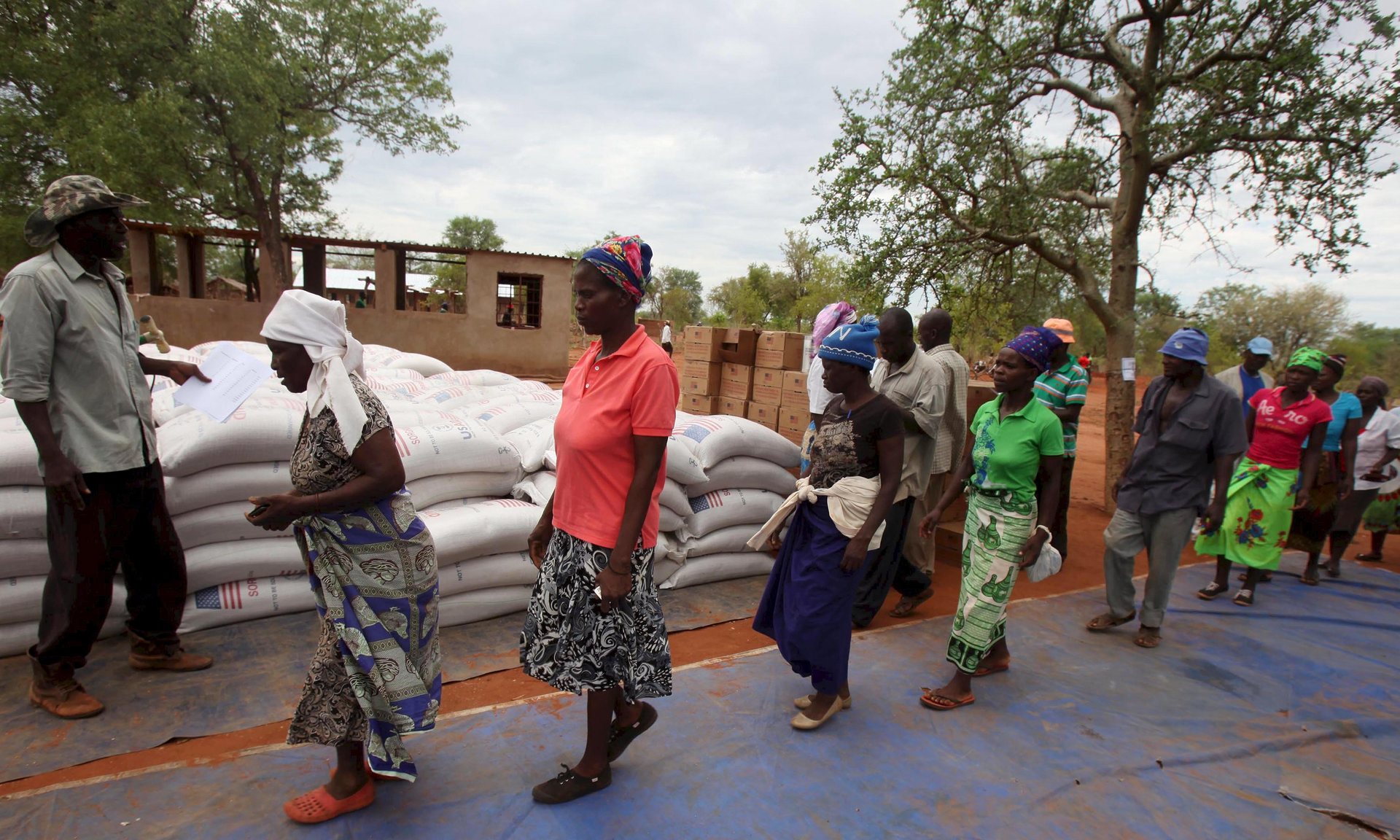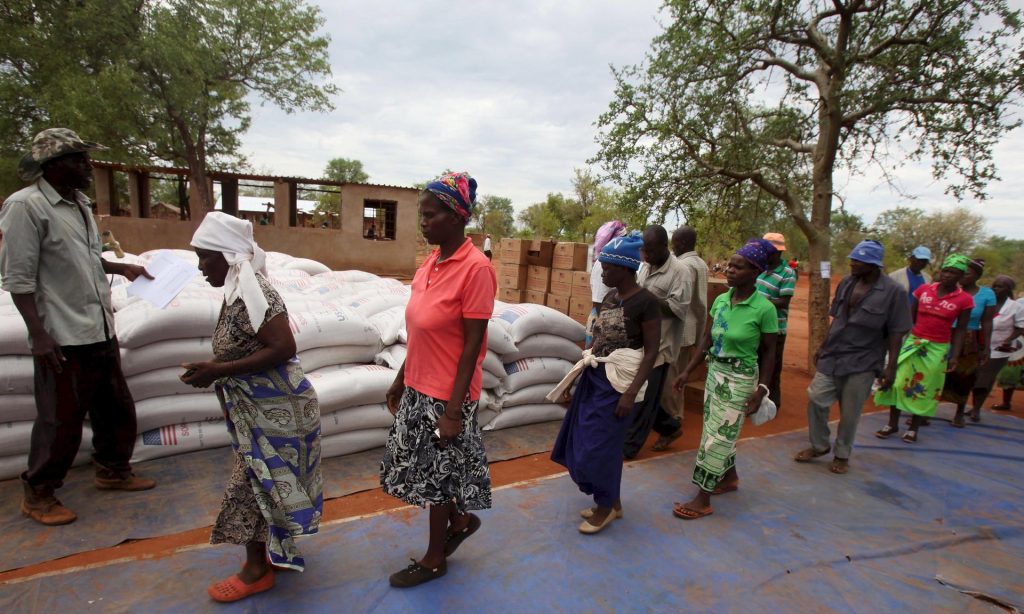The United Nations World Food Programme (WFP) today announced that it will transfer to participating elementary schools and early childhood development centres an initial amount of more than US$ 370,000 (D 18.5 million) to provide daily meals for up to 60,000 young students.

Photograph: Philimon Bulawayo / Reuters/Reuters
The cash transfers will allow more than 122 selected schools to buy food from local markets and smallholder farmers, which will be served to the students as part of a homegrown school feeding programme implemented in partnership with the Gambian Ministry of Basic and Secondary Education.
Home-grown school meals enable children to eat locally available, diversified and nutritious foods that they are familiar with, and also provide local farmers and businesses with a predictable market for their products, leading to increased enrolment, attendance and retention for school children, while also ensuring stable incomes, more investment, higher productivity and the creation of jobs for youth and women in the communities concerned.
“We want to build a strong foundation in nutritious foods for children at a young age, and by using cash transfers to the schools, we hope to promote local economic development and serve as a driver for social cohesion,” said Wanja Kaaria, the Representative and Country Director of WFP in The Gambia.
Funded through generous contributions from the European Union, the Republic of Korea and the Government of Ireland, this programme helps in fostering sustainable linkages between school meals and consumption of local agricultural produce. It also allows WFP to continue supporting the Gambian Ministry of Basic and Secondary Education providing nutritious food to school children as a way to improve enrolment and retention rates.
Three Gambian non-governmental organisations, the Agency for Development of Women and Children (ADWAC), the Agency for Village Support (AVISU), and the Forum for African Women Educationalists The Gambia (FAWEGAM), will partner with WFP in realizing this ambitious project.
for millions through sustainable development. WFP works in more than 80 countries around the world, feeding people caught in conflict and disasters, and laying the foundations for a better future.

